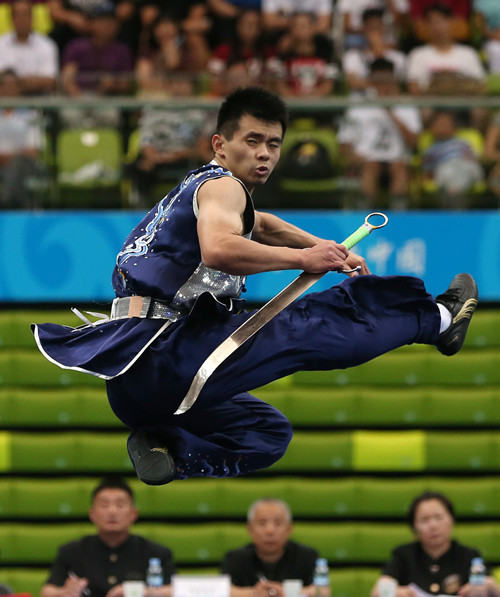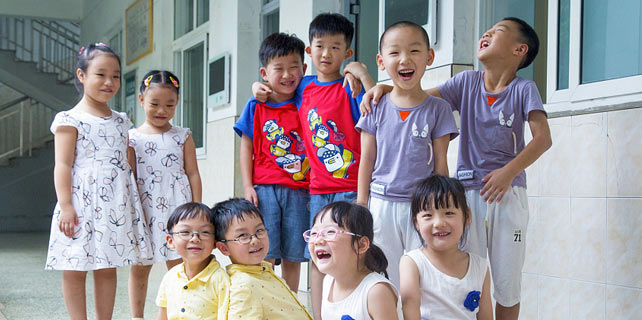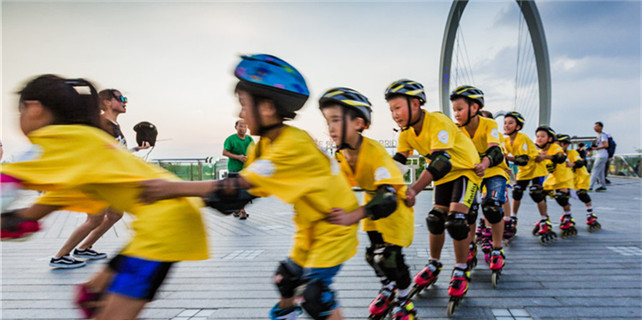Aiming for tranquil transition
Inclusion in Olympics would boost profile of traditional martial arts
 |
|
A wushu athlete competes at the Chinese National Games in Tianjin. WANG ZHUANGFEI/CHINA DAILY |
"Despite the failure of wushu, or Chinese martial arts, to be included in the 2020 Tokyo Olympic Games, the bidding efforts have significantly boosted the development of the sport around the globe," Zhang Yuping, deputy head of the Chinese Wushu Administrative Center of the State General Administration of Sport, said on Tuesday.
The number of member countries and regions in the International Wushu Federation has increased from 116 to 149 since 2008, and the sport has been included in many continental and multi-discipline events, she said.
Wushu has been an official competition event at the Asian Games and was a demonstration event at the 2008 Beijing Olympics and the 2014 Nanjing Youth Olympics.
"The ever-increasing global profile of wushu is closely related with the efforts to bid for the sport's inclusion as an Olympic sport. And we will continue to push for the inclusion," said Zhang, a former national wushu champion.
Lai Xiaoxiao, a 24-year-old taking part in wushu at the 13th National Games in Tianjin, said adding wushu to the Olympics would help introduce it to more people.
"I think many people only know wushu as a form of performance, but do not understand the meaning behind the movements. More people will have the chance to see wushu if it is included in the Olympic Games," Lai said.
But that's not the primary aim of the sport's governing body, said Zhang.
"Our goal is to promote traditional Chinese culture to the world and give the world a sport from China," she said.
There are around 60 million practitioners of all ages in the country, according to Zhang.
In recent years, China has sent coaches to foreign countries and cooperated with the Confucius Institute worldwide to develop training courses for overseas practitioners, while the country's governing body for the sport has adopted standardized movements and scoring systems.
Zhang said the standardization of wushu, while being beneficial to its promotion, does not compromise its original charm.
"Wushu has retained its distinctive features in its transformation from traditional martial arts to a competitive sport," Zhang said.
"For instance, in the routine competition (performance of movements or weapon skills), every move has its distinctive meaning derived from attack or defense in real combat. This separates it from other sports like gymnastics," she said.
From transformation, wushu has evolved into taolu-routine performances of movements or weapon skills-and sanda, a combat sport combining punching, kicking and wrestling.
Lin Jianhua, a referee at the National Games, said it's time for wushu to become a Olympic sport because its increasingly sophisticated evaluation system has been accepted globally.
Lin said the rules used in domestic competitions have been gradually aligned with international standards in recent years, which paves way for the promotion of wushu in the world.
"Through the standardization, wushu is rendered in a more graceful and elevated manner," said Dong Guoxing, a wushu coach from Henan province.
"And the competition is staged in a more fair and open way."
















